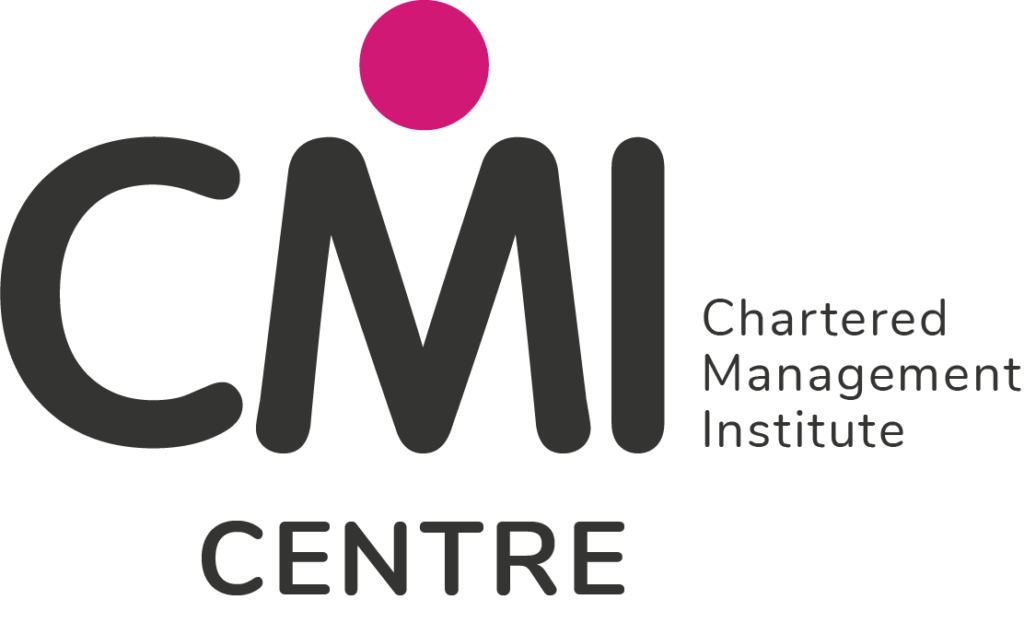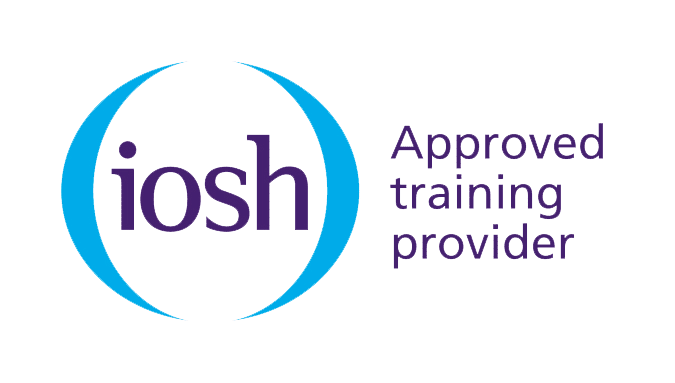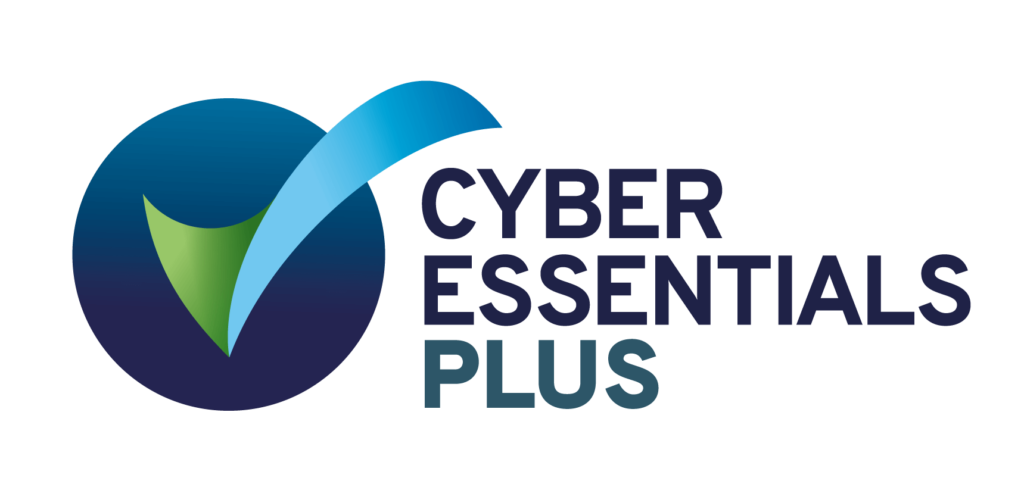How is your workforce coping and what is having an impact?
Monday 10th October is World Mental Health Day – an annual event established by the World Federation for Mental Health as part of their campaign to see that mental health problems are diagnosed and treated with the same speed, efficiency and lack of stigma as physical ones.

It’s a good opportunity for individuals to reflect on the things that affect their mental health and is a useful reminder to think about family and friends. For business leaders and Human Resources (HR) teams, it can be a good prompt to take stock of their workplace as well.
For many professionals, their relationship with work can be a factor in how mentally healthy they feel. Things like workload stress, anxiety associated with impostor syndrome and, more recently, isolation resulting from working arrangements mean that organisations must reflect on how they can monitor and support the mental wellbeing of their staff.
Work-related stress is the most common type of stress in the UK, being reported by 79% of respondents to a Statista survey – more than monetary and family stress. With recruitment problems across many sectors and change projects abundant, plenty of workforces are being asked to take on more in the same amount of time. So, it’s no surprise that Champion Health’s 2022 Workplace Health Report found that the primary cause of work-related stress was excessive and/or unrealistic workloads.
Beyond the ideal solution of reducing workloads, people can benefit from training that helps them to re-frame their thinking and, in some cases, re-label some of their ‘stress’ as ‘pressure’. Pressure is a natural element of almost every role – if there are stakeholders relying on a task or responsibility, which there usually are, then there is natural pressure on its outcome.

Help to understand this and tweak their thinking can empower individuals and, ultimately, boost their performance. This chimes with Champion Health’s research, which found that 56% of professionals agreed that, rather than wanting to avoid any stress whatsoever, the ‘perfect’ amount of it actually enables them to ‘thrive’.
According to YouGov research in June 2022, a majority of Britons experience exhibit common signs of Impostor Syndrome, including: finding it difficult to accept compliments or praise (66%); criticising themselves more than others do (58%); downplaying their achievements (56%). Over a third (34%) also agreed that “people generally think I am more capable than I am.”

The problem with these feelings of inadequacy and negative ‘self-talk’ is that they can build into levels of self-doubt that stop people from progressing in their career (by failing to get the credit they deserve) or failing to pursue suitable opportunities. In extreme cases, sufferers can develop levels of anxiety that prevent them from working or significantly impact the quality of all their work.
Although it is a result of workforce preference and widely seen as a net positive for overall wellbeing and work/life balances, the rising number of individuals working from home is leaving some feeling isolated and lonely – or worrying that it will in the long term (like 81% of younger workers). This highlights the need for managers and leaders, and HR/OD teams, to broaden their horizons when considering what may be affecting employee mental health.
In most team-based organisations, a lack of inter-personal contact and an inability to develop professional relationships would probably not have ranked amongst pressing concerns a few years ago, but today’s workforce needs the skills and tools to stay connected – and the signposted, accessible reporting routes to speak up when they are struggling.

As an experienced training consultancy, we are proud to have spent more than 20 years partnering with public, private and third sector organisations to help them solve their workforce and workplace challenges.
If World Mental Health Day 2022 has shined a spotlight on areas of your organisation that would benefit from specific support (e.g., in any of the three areas above) or simply highlighted that more Mental Health Awareness training is needed generally, get in touch now to arrange an exploratory meeting.






